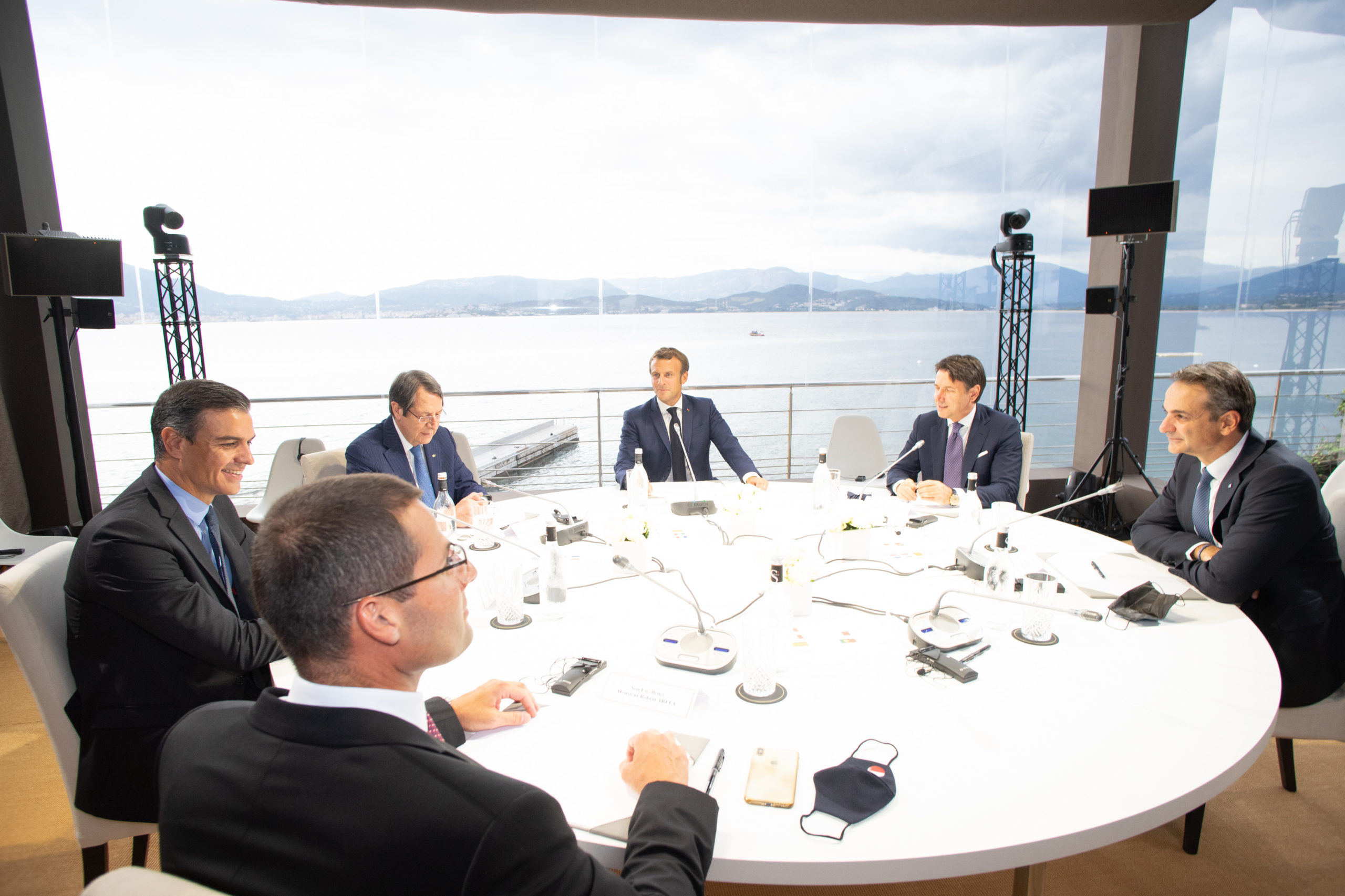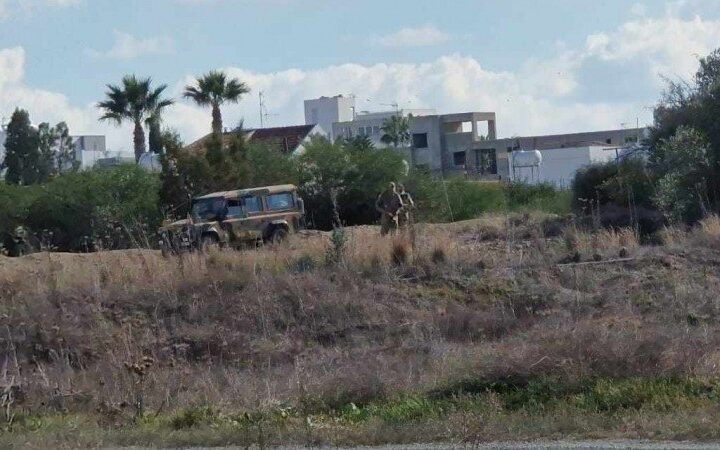European Union leaders of Mediterranean states (MED7) gave their full support to Cyprus and Greece against Turkey infringing their sovereign rights while backing tough sanctions as a last resort.
Heads of State and Government of Cyprus, France, Greece, Italy, Malta, Portugal and Spain concluded their summit in Ajaccio on Thursday with a joint declaration.
“We call upon all the countries in the region to abide by international law, in particular international law of the sea,” the MED7 leaders’ statement said.
“Turkey has not responded to the repeated calls by the European Union to end its unilateral and illegal activities in the Eastern Mediterranean and the Aegean Sea,” it added.
They said the EU will draw up a list of new sanctions on Turkey at the end of September unless Ankara comes to the negotiating table to resolve the dispute.
“The MED 7 reaffirm our determination to use all adequate means at the disposal of the European Union in response to these confrontational actions…we agree to speed up work on the additional listings…with a view to its rapid adoption.”
Cypriot President Nicos Anastasiades welcomes the unified stance in support of Cyprus and Greece.
“It is with particular satisfaction that leaders of the Mediterranean states will exert their influence towards Turkey so that it realizes it must stop its illegal activities and cooperate through a sincere and comprehensive dialogue based on international law,” Anastasiades said.
Tensions flared between the EU and NATO member Turkey after Ankara sent a survey vessel to map out possible oil and gas drilling prospects in territorial waters claimed by Greece and Cyprus designated areas.
“We maintain that in the absence of progress in engaging Turkey into a dialogue and unless it ends its unilateral activities, the EU is ready to develop a list of further restrictive measures that could be discussed at the European Council of September 24-25.”
The position of the seven EU states does not necessarily reflect the stance of the whole bloc.
Cyprus’ proposal in June to impose EU sanctions on more Turkish companies and individuals has not been approved as many EU states, including Germany, want to defuse the Turkey stand-off through dialogue.
Speaking at a news conference at the end of the Corsica summit, Greek Prime Minister Kyriakos Mitsotakis said Ankara still has time to end its exploration activities in non-demarcated maritime zones before the EU summit later this month.
“We will avert Turkey’s attempt to divide Europe,” he said, adding that Greece has been fulfilling its duty in protecting EU borders and expects solidarity in return.
French President Emmanuel Macron said the problem was not with the Turkish people, for whom he had great respect, but with the government of President Tayyip Erdogan.
In response, Omer Celik, a spokesman with Erdogan’s ruling AK Party, wrote on Twitter that Macron was deploying a “colonialist” game by trying to drive a wedge between Erdogan and the Turkish people.
“The country against which you are using threatening language is Turkey.
Turkey will give you the most appropriate response. Mr Macron do not get us confused with those tribal states that you can easily trick.
Nobody has the power to separate the elected president of this country and its people,” Celik wrote.
The MED7 said cooperation in the region is important for completing the Energy Union and a fully integrated and interconnected European energy market.
“Also with a view to putting an end to any isolation of Member States and islands from European gas and electricity networks.”
“The Commission’s future offshore renewable energy strategy should envisage cooperation to promote all sources of renewable and clean energy, including a thorough assessment of their potentials, and instruments that support all marine energies, such as the financing of industrial-scale demonstration projects.”
The next MED7 summit will be in Greece.










